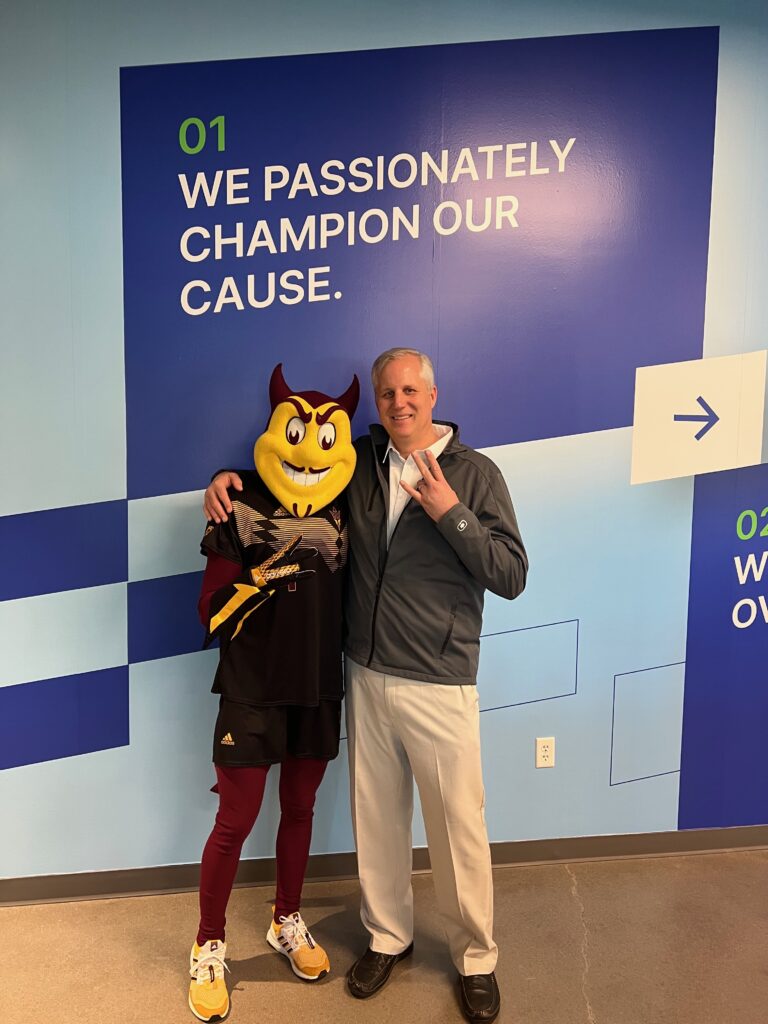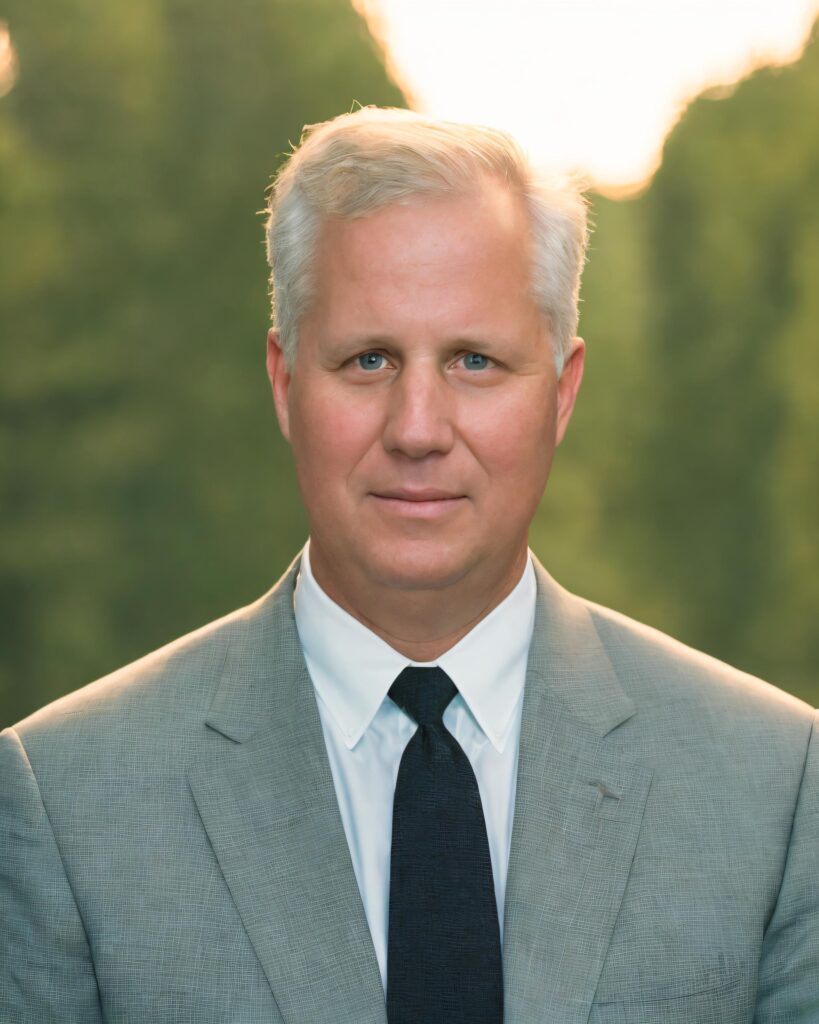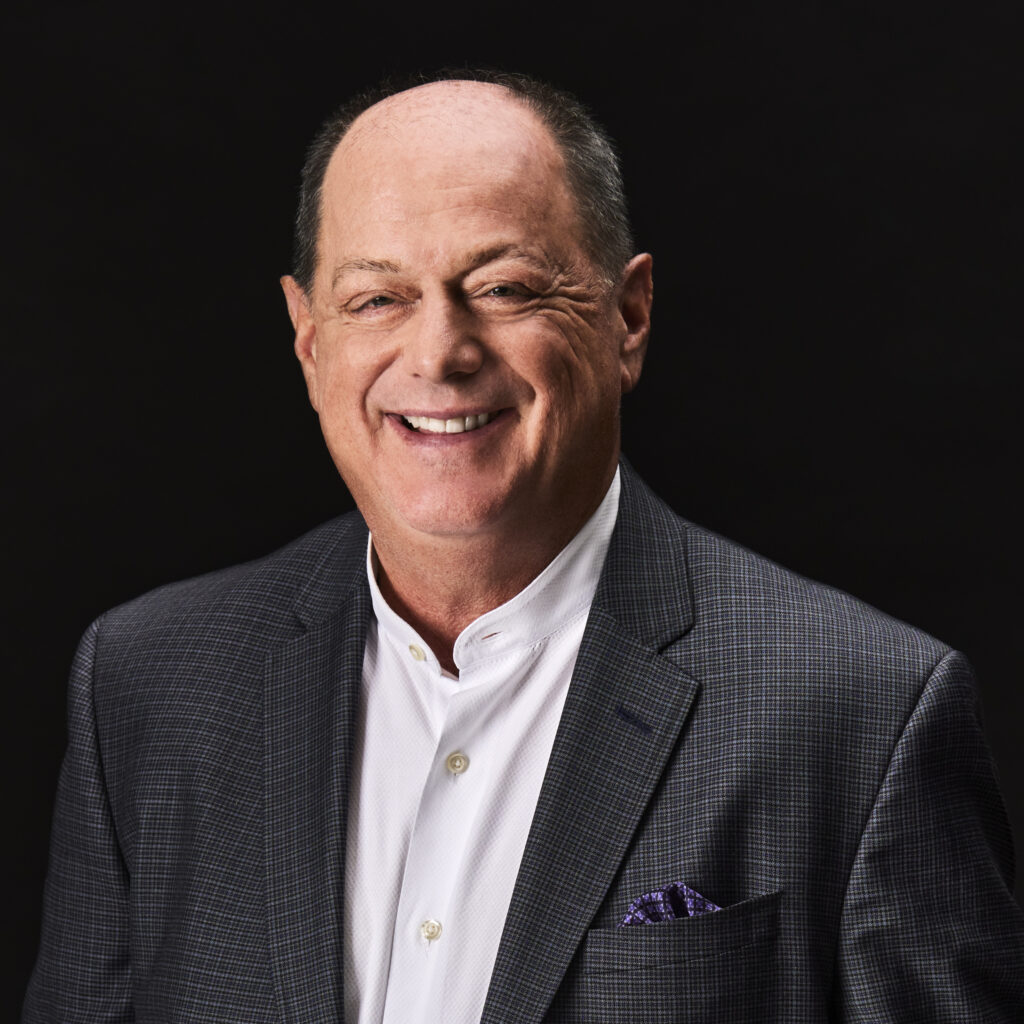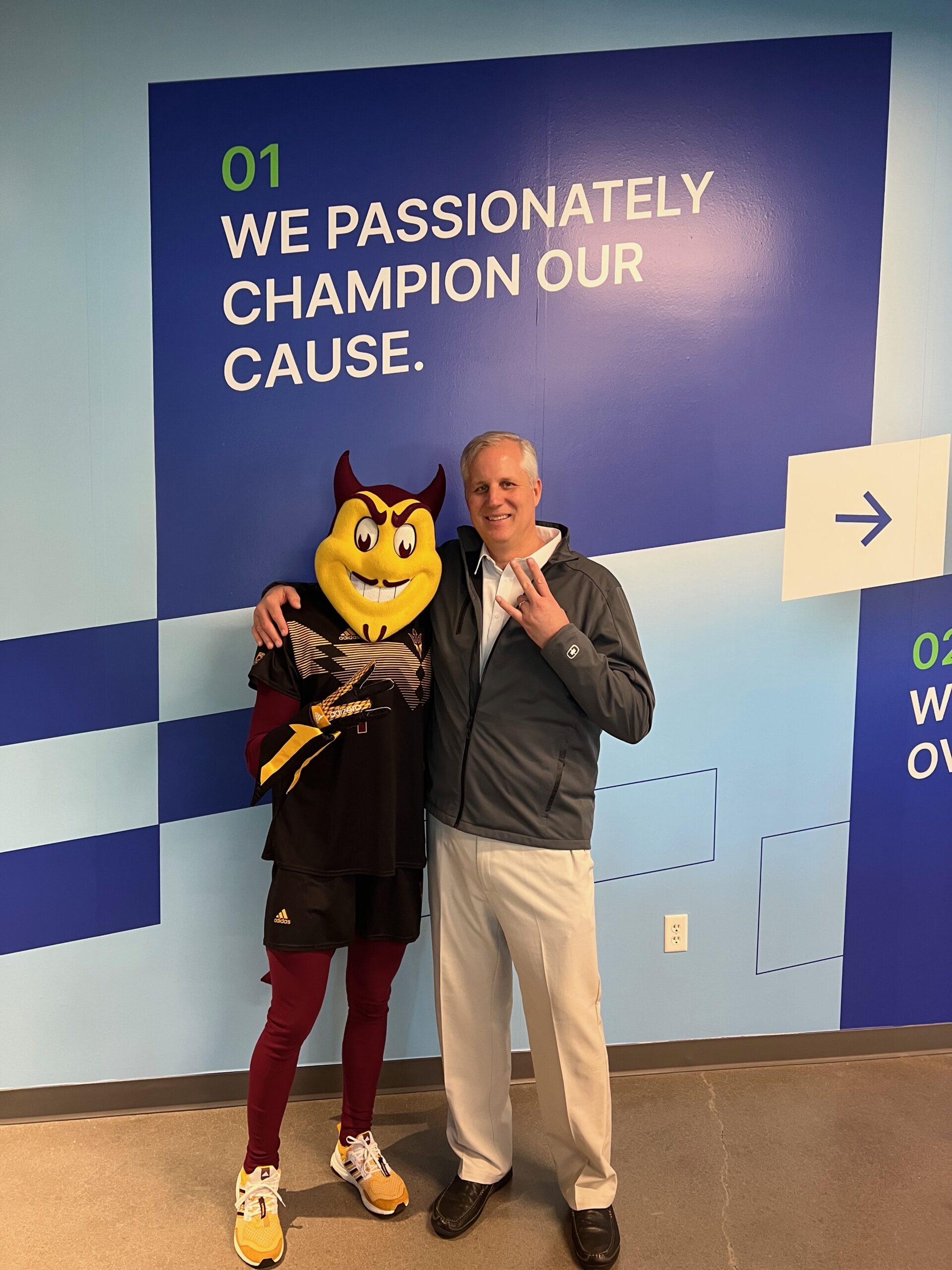Read Time: 7 minutes
Matt Bramson is the Founder and CEO of Greenwyze, and his journey into entrepreneurship is anything but ordinary. From being inspired by his father’s entrepreneurial spirit to leveraging his own experience in tech sales, Matt has carved out a space for himself in the competitive world of marketing and tech. Known for his knack for spotting opportunities and driving rapid growth, Matt is all about uncovering what really makes customers tick—and using that to help businesses thrive. In this article, we dive into Matt’s story, his approach to scaling a business, and the lessons he’s learned along the way.
I’m excited for this conversation, and I know our readers will be too. Let’s kick things off by diving into your entrepreneurial journey—can you share what inspired you to start your business?
My father was my first and most enduring inspiration. While his primary profession was physician, he was a successful entrepreneur as well. A significant boost on my journey came when, as a young field technician for an innovative music industry startup, I saw the limitless possibilities that software technology offered to quickly and effectively create solutions for consumer and business needs. The inspiration for my most recent business, Greenwyze, came out of the realization that there are few if any things that can impact the marketing efficiency and overall profitability of a business as much as maximizing referrals. This insight, combined with the reality that most businesses lack a referral program and those that do generate less than 3% of their business that way, provoked me to launch Greenwyze.
How has your personal background and experiences influenced your approach to entrepreneurship?
The foundation of my career has been sales roles. I have sold, often as the first sales hire by the company, a wide variety of products and services — always technology-related. This perspective — being close to the customer and understanding what it takes to make a sale — has greatly impacted my approach. I impulsively seek to first understand what customer need or problem a product or service solves and to evaluate the beliefs it will be necessary for a customer to already have or be convinced to have before they will become a customer. I have found that this approach is often nearly backwards from the way many go about entrepreneurship.
What are the core values that drive your business, and how do you ensure they are reflected in your operations?
The foundation of a successful business is customer pride — not in your company or its products and services, but pride in themselves. Most businesses do nothing to stoke their customers’ pride — at best they use their communications to brag about themselves. Greenwyze is constantly gifting our customers the opportunity to be proud of themselves by emphasizing the progress they are making to transform their business and achieve their goals. We don’t even seek to emphasize our role in this — our customers know and their pride is too precious (to us) for us to try to steal some of it. Aside from that, Greenwyze always seeks to do the right thing. As a business focused on maximizing referrals, we are extraordinarily devoted to great customer experiences and positive word of mouth. This guides us in innumerable ways.
I love that approach, Matt—putting customer pride first really stands out. So, what strategies have you used to successfully scale your business?
We focus, to a degree that is highly unusual, on psychology in our business strategy. We ask ourselves questions like, “What does a prospect have to believe in order to become our customer?” We ask customers how things we do or say make them feel. In addition we generally focus less on going after customers one at a time versus identifying and targeting “connectors” — business partnerships that can net us dozens or even hundreds of customers.
What qualities do you look for when building your team, and how do you foster a positive company culture?
I value forthright communicators. I want teammates with a point of view — especially if it’s different from mine in a way that adds value. I value experience — but not necessarily a direct match with what we think we need at the moment. Change is so rapid and significant that trying to match a candidate to a role too precisely can be a mistake. I’ll take a quick learner and a fearless doer over “perfect match” every time.

What advice would you give to fellow entrepreneurs about protecting their wealth and planning for future growth?
Treat your financial future as a business that needs resources and focus in the same way that your business does. Putting all your chips on the table and swinging for the fence over and over is a recipe for financial hardship at some point. Even the greatest entrepreneur will be impacted by market shifts and the like. Make sure that your financial future is a steady priority and not entirely based on, “when I sell this current company, I’ll be all set”, because that may not happen.
That’s solid advice, Matt. How do you balance reinvesting profits back into the business versus taking some out for personal use?
I always try to pay the business first — meaning that if the business has needs, they should be the priority to the extent possible. If that doesn’t feel comfortable then one of two things may be awry: the business isn’t as strong or promising as it should be or I am not as committed to it as I should be. If I would rather starve the business for capital to buy myself something I really don’t need, then that’s a situation that needs to be carefully examined.
How do you maintain a healthy work-life balance as a business owner, and what practices do you recommend to others?
When you’re on, be on. When you’re off, be off. Even if you’re on way more than you’re off.
In what ways do you believe entrepreneurs can make a positive impact on society, and how do you incorporate philanthropy into your business model?
Wait until you die, for the most part. A living entrepreneur with capital has tremendous power to help society by doing what he does: build businesses.
What common mistakes do you see aspiring entrepreneurs make, and how can they avoid them?
Don’t be afraid to ask for help: family, friends, neighbors, work colleagues. They believe in you. They want to help you. Let them. Don’t let your ego get in the way.
If you could go back in time, what advice would you give to your younger self when you were just starting out?
Be more confident and aggressive.
What resources (books, courses, mentors) have been most valuable to you in your entrepreneurial journey?
Blue Ocean Strategy, Good to Great, Pitch Anything — those are the three best business books IMO.
What final thoughts or key takeaways would you like to share with our readers who aspire to be successful entrepreneurs?
Do it — take your idea and convert it into a business plan and start doing it.
That’s such a motivating note to end on—just take action and make it happen. I truly appreciate you opening up and offering such valuable wisdom, Matt. Your perspective will definitely resonate deeply with our audience. Thanks again for sharing your journey with us.
Matt Bramson
Founder and CEO of Greenwyze
Matt Bramson is a dynamic C-Level marketing strategist known for driving rapid revenue growth and maximizing margins in fiercely competitive tech sectors. He excels at uncovering new market opportunities, boosting market share, and leading turnarounds for companies from startups to industry giants. With deep expertise in M&A and launching award-winning products, Matt consistently delivers where others fall short.
Connect with Matt:
Website: http://greenwyze.com
LinkedIn: https://www.linkedin.com/in/mattbramson/


Marc J. Bernstein JD, ChFC®, CLU®, CAP®
Financial Planner and Consultant, Bestselling Author, and Creator of the Forward Focus Forums
Marc helps high performing entrepreneurs and business owners create a vision for the future, accomplish their business and personal goals, financial and otherwise, and assists them in following through on their intentions. Marc recently co-founded March, a forward-looking company with a unique approach to wealth management. He captured his philosophy in his #1 Amazon Bestseller, The Fiscal Therapy Solution 1.0. Marc is also the founder of the Forward Focus Forum, a suite of resources tailored specifically to educate and connect high performing entrepreneurs, and to help them realize their vision of true financial independence. The forum includes;
- the Founders’ Forward Focus Forum: a series of articles focused on entrepreneurship
- the Founders’ Forum Radio Show and Podcast: featuring interviews with some of the area’s top founders and their experiences in business
- the Manufacturers’ Forward Focus Forum: a specialized resource group for owners/founders of manufacturing companies, including a private Facebook group; a private discussion group for high performing leaders of manufacturing companies to share resources, news, network with each other, and collaborate








